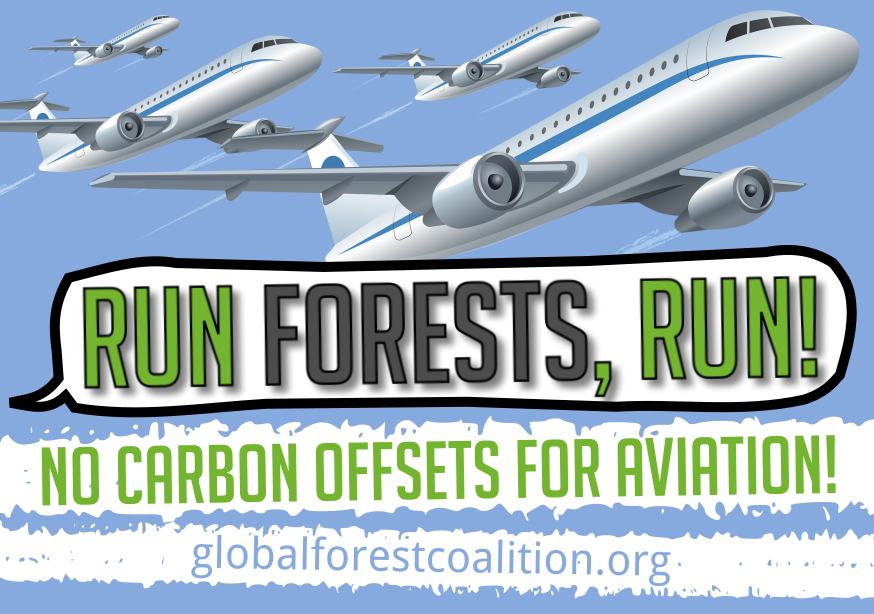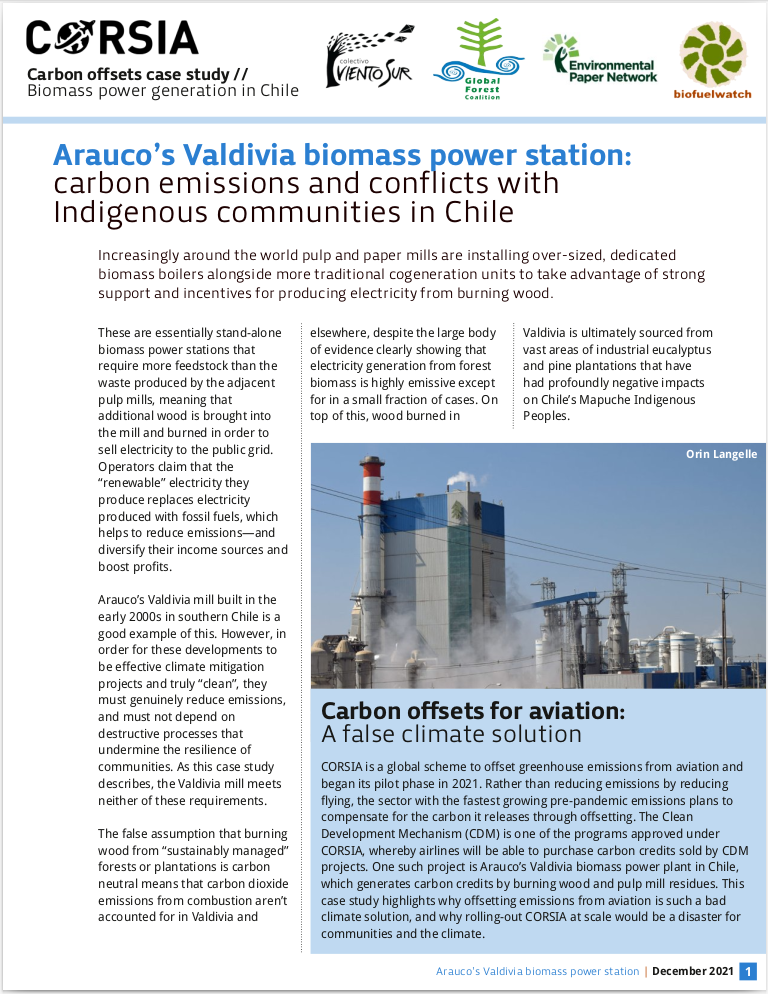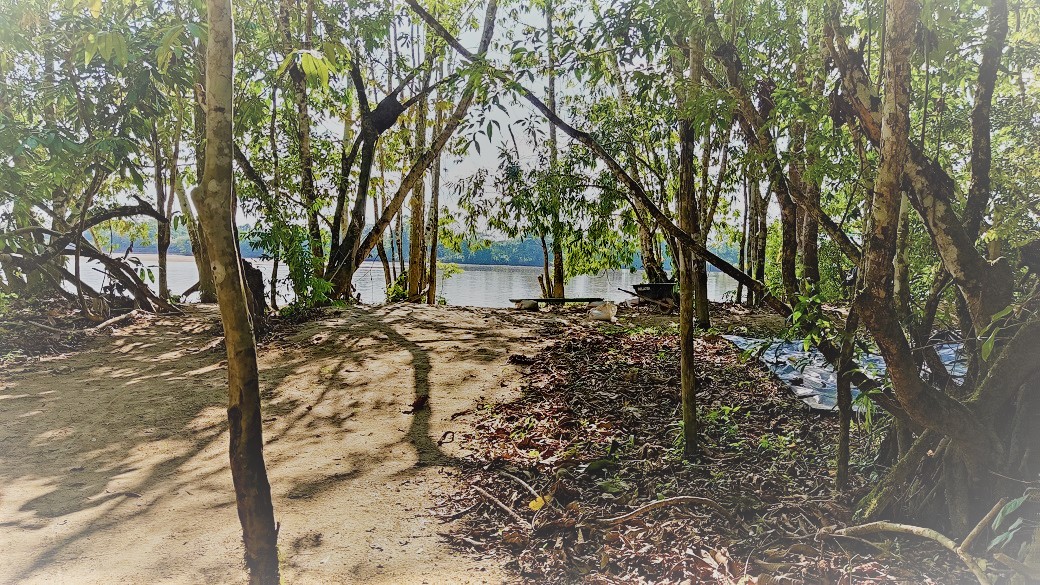La journée de l’aviation civile internationale : les compensations carbone pour l’aviation sont une fausse solution climatique

 Aujourd’hui, dans le cadre de la Journée de l’aviation civile internationale, nous lançons une deuxième étude de cas sur les fausses solutions sur lesquelles l’Autorité de l’aviation civile internationale (OACI) fonde sa stratégie climatique. Plutôt que de réduire les vols, l’industrie parie sur les compensations carbone et les biocarburants afin de lutter contre ses émissions, qui peuvent toutes deux avoir des impacts significatifs sur les communautés, les forêts et le climat.
Aujourd’hui, dans le cadre de la Journée de l’aviation civile internationale, nous lançons une deuxième étude de cas sur les fausses solutions sur lesquelles l’Autorité de l’aviation civile internationale (OACI) fonde sa stratégie climatique. Plutôt que de réduire les vols, l’industrie parie sur les compensations carbone et les biocarburants afin de lutter contre ses émissions, qui peuvent toutes deux avoir des impacts significatifs sur les communautés, les forêts et le climat.
Today is International Civil Aviation Day and we’re launching a second case study on the false solutions that the International Civil Aviation Authority (ICAO) is basing its climate strategy on. Rather than reducing flying, the industry is betting on carbon offsets and biofuels to tackle its emissions, both of which can have significant impacts on communities, forests and the climate.
“Arauco’s Valdivia biomass power station: carbon emissions and conflicts with Indigenous communities in Chile” looks at a Clean Development Mechanism (CDM) project that is indicative of the types of projects that could sell carbon credits to the aviation industry through the ICAO’s offsetting scheme, Carbon Offsetting and Reduction Scheme for International Aviation (CORSIA). Under CORSIA, airlines will be able to purchase carbon credits sold by certain CDM projects instead of reducing their emissions.
The case study highlights why carbon offsets are a false solution to the climate crisis, and why rolling-out CORSIA at scale would be a disaster for communities and the climate. It describes how pulp and paper giant Arauco is generating carbon credits by burning wood at its Valdivia pulp mill in Wallmapu (southern Chile) in order to sell electricity to the public grid. The pulp mill has caused 25 years of conflict with local Indigenous Mapuche communities, and depends on vast eucalyptus and pine plantations that have fundamentally altered traditional ways of life. On top of this, burning wood to generate electricity is far from clean and green.
Download the case study in English and Spanish.
Download the first case study “Vallourec: junk offset credits through charcoal production for the iron and steel sector in Brazil” in English and Portuguese.
For more information on CORSIA check out Biofuelwatch’s briefing.
This case study has been produced in partnership with Colectivo VientoSur, the Environmental Paper Network and Biofuelwatch.






